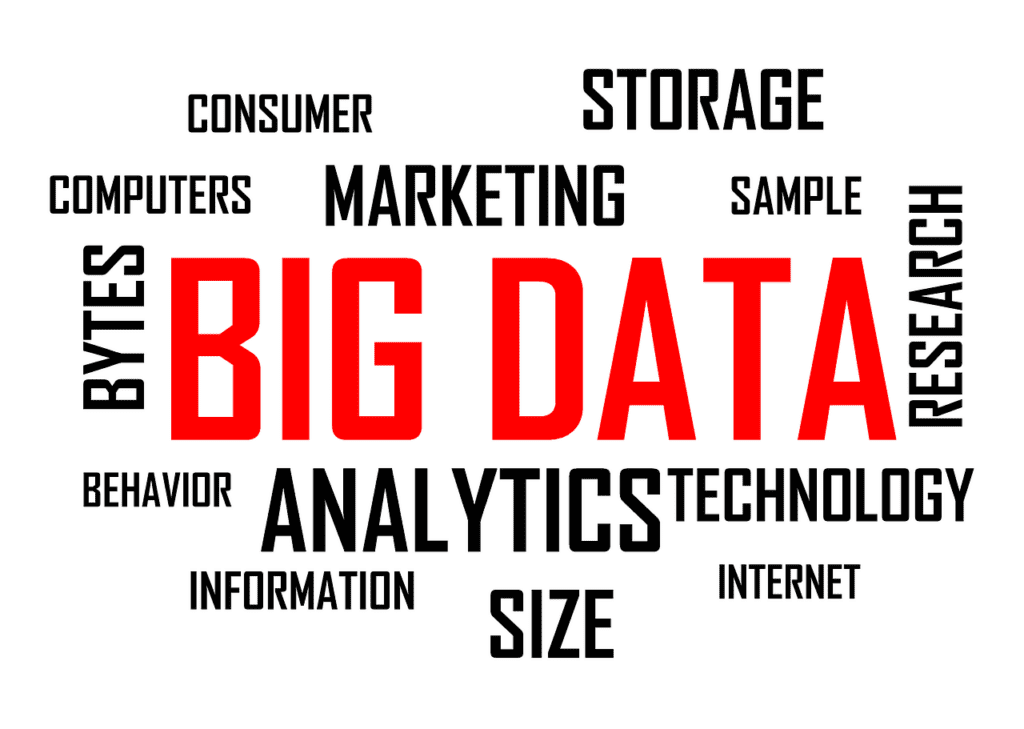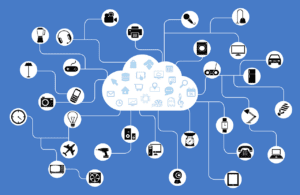In today’s world, data is everywhere. We generate data with every click, every swipe, every purchase, and every interaction we have with technology. But what happens to all that data? How is it collected, analyzed, and used? That’s where big data comes in. In this article, we’ll explore the power of big data and how it’s transforming industries and our world.
What is Big Data?
Big data refers to the massive amount of data generated daily from various sources, including social media, mobile devices, sensors, and other digital technologies. This data is so vast and complex that traditional data processing tools and methods are insufficient. Big data requires advanced tools and techniques to extract insights and value, such as machine learning algorithms and data mining.
Characteristics of Big Data
To understand the power of big data, knowing its characteristics is essential. The three main characteristics of big data are:
- Volume: Big data is characterized by its massive volume. It can range from terabytes to petabytes and even exabytes of data.
- Velocity: Big data is generated at a high velocity, with new data being created and collected in real-time or near real-time.
- Variety: Big data comes in various formats, including structured, unstructured, and semi-structured.
The Power of Big Data
The power of big data lies in its ability to provide valuable insights and inform decision-making. Big data can help businesses, governments, and organizations in various ways, including:
1. Improved Customer Experience
Big data analytics can help businesses better understand their customers and their needs. Businesses can personalize their products and services by analyzing customer data, improving customer service, and creating targeted marketing campaigns.
2. Predictive Analytics
Big data can be used to predict future trends and behaviors, enabling organizations to make better decisions and anticipate customer needs. For example, big data can help retailers predict what products will be popular in the future and stock their inventory accordingly.
3. Better Healthcare
Big data transform the healthcare industry by providing insights into patient behavior and outcomes. Healthcare providers can identify patterns and trends that inform treatment decisions and improve patient outcomes by analyzing patient data.
4. Fraud Detection
Big data can help organizations detect and prevent fraud. By analyzing financial data, organizations can identify unusual patterns and transactions that may indicate fraudulent activity.
5. Smarter Cities
Big data is being used to make cities more innovative and efficient. By analyzing data from sensors and other sources, cities can optimize traffic flow, improve public safety, and enhance the quality of life for residents.
Challenges of Big Data
While big data offers significant benefits, it also poses some challenges. Some of the challenges of big data include the following:
1. Data Privacy and Security
With the massive amount of data being collected, there are concerns about data privacy and security. Organizations must ensure that they collect and store data securely and comply with data privacy regulations.
2. Data Quality
The quality of the data used for extensive data analysis is critical. Data must be accurate, complete, and consistent for the analysis to be meaningful.
3. Talent Gap
There is a shortage of skilled professionals with the expertise to handle big data. Organizations must invest in training and hiring the right talent to analyze and manage big data effectively.
Conclusion
Big data can transform industries and the world we live in. With its ability to provide valuable insights and inform decision-making, big data is becoming an essential tool for businesses, governments, and organizations. However, it also poses some challenges that must be addressed to ensure its practical use.





